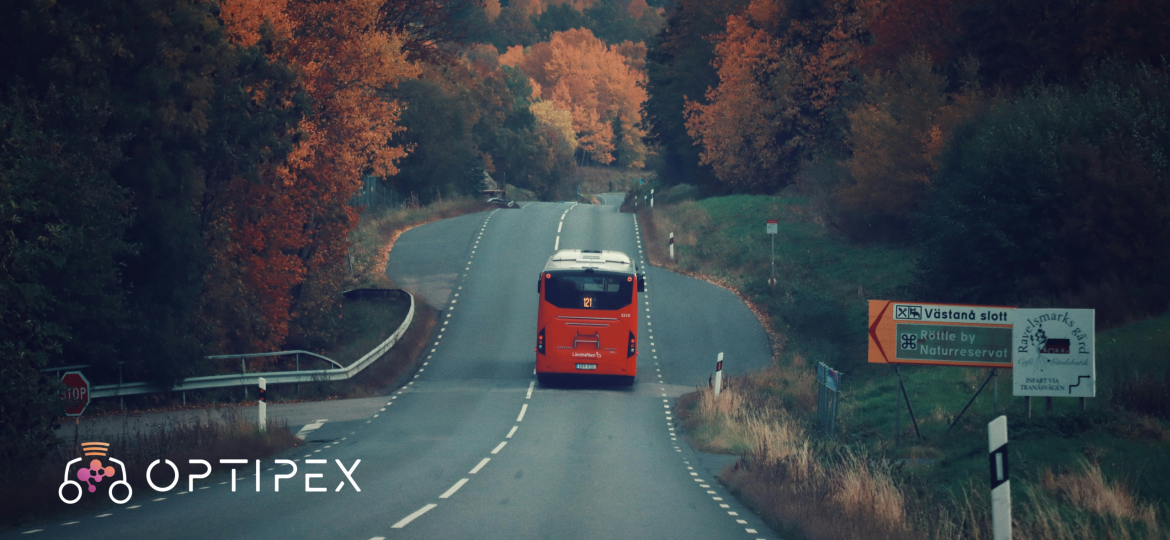
OptiPEx and Climate Action Week 2025
20th October 2025
As Irish Climate Action Week 2025 comes to pass, our Irish partner Ivanna Katz from Carr Communications reflects on how the OptiPEx work supports the fight against climate change.
What are the goals of Climate Action Week?
Climate Action Week aims to bring together individuals, communities, organisations, and policymakers to tackle the climate crisis. Tackling the causes of climate change requires creativity, collaboration and shared learning experience, which are only possible through inclusive dialogue and the development of tangible interventions.
You may be wondering – how does a project that supports the improvement of passenger experience in public transport also support the goals of climate action week? It’s simple!
The Climate Connection
Public transport is better for the environment than the use of private vehicles. This is because public transport supports energy conservation as a whole, as by carrying many passengers at once, less energy is used per passenger than what would be if individual vehicles were in play.
Further, in reducing the number of individual vehicles on the road, public transport creates a situation where fewer greenhouse gasses per passenger per kilometre are emitted. In addition to this, fewer cars on the road also mean that fewer pollutants (such as carbon monoxide, particulate matter, etc.) are emitted by the transport sector.
Lastly, by reducing the net number of vehicles on the road, public transport supports traffic reduction. Less congestion means that vehicles spend less time idling on the road, which decreases both energy consumption and emissions.
By improving the experience of public transport for all potential passengers, OptiPEx supports a societal shift away from private vehicle use and towards public transport. In turn, by supporting an increase in the number of users of public transport, OptiPEx supports the climate benefits of public transport.
Inclusive Dialogue
In line with the beliefs of Climate Action Week, OptiPEx believes that collaboration is central to creating solutions to climate change that actually work! As such, inclusive stakeholder engagements are central to how OptiPEx solutions are crafted.
These engagements have been conducted through various avenues, including public surveys, focus groups, and general assembly engagements, all to ensure that the project addresses the actual needs of users, or would-be users, of public transport. For example, OptiPEx hosted several focus groups with people who live with various degrees of visual impairments to unpack the ways in which their experience of public transport could be improved through technological interventions. The conclusions that were drawn from these conversations included improving communication and information systems by using acoustic and visual signals to convey critical information, as well as using colour-coded or tactile markings on vehicles and at stops for better orientation. Improving announcements (audible and visual) regarding stops, route deviations, and vehicle occupancy were also proposed as important steps.
Moving forward, OptiPEx will take this information to develop technological interventions that improve the experience of the widest possible group of public transport users, in order to increase the number of people using public transport as much as possible.
By focusing on the user experience of marginalised populations, to whom traditional public transport often presents a host of challenges, OptiPEx reinforces its goal of increasing the number of people using public transport. Further, by ensuring that public transport is a viable option for everybody, OptiPEx aims to create just cities, where everyone is able to opt into a greener lifestyle.